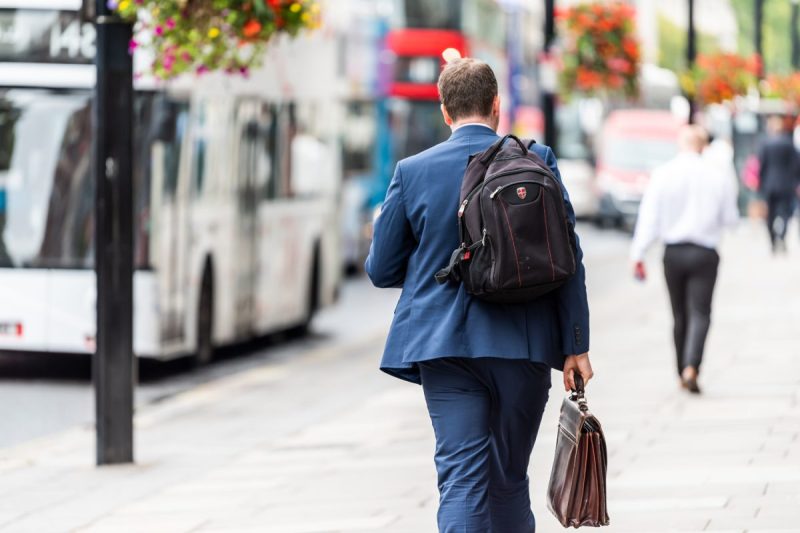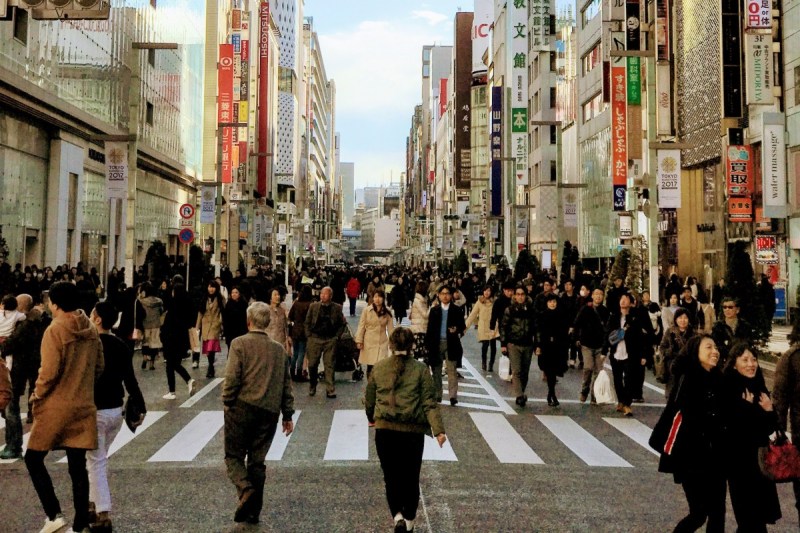Did you know that more than 400,000 pickpocketing incidents happen every day? But if you ask travelers, most are convinced they could never be pickpocketed. If you keep your wits about you and know how and where to stow your belongings, you probably won’t either. However, pickpocketing is still one of the most prevalent non-violent crimes in major cities around the world.
I remember walking through the crowded streets of Barcelona’s Gothic Quarter, where street performers made it easy to get swept up in the moment. I’d heard countless warnings about the area being a hotspot for pickpockets, so I kept my bag close and avoided stopping in heavily congested spots. At one point, a man approached, insisting on showing me a “magic trick” while a crowd gathered. It felt harmless, but I noticed his friend inching uncomfortably close to someone else’s bag. That moment was a reminder of how easily a distraction could lead to theft, even if you think you’re prepared.
While many of us know what we should do to avoid becoming a mark, it’s all too easy to let our guard down while on vacation. Even travel guru Rick Steves admitted to being pickpocketed. It can quite literally happen to anyone. Here are some of the best tips for pickpocket prevention.
Lock down your wallet and be careful with your backpack

Anti-theft travel clothing and accessories have come a long way in the last two decades. A hidden money belt (the kind worn under your clothing) might seem extremely uncool, but having all your cash and credit cards stolen is even less cool. Consider stashing half your money and credit cards in a money belt, and keeping the remainder (including a few expired “decoy” cards) in a zippered pocket on your person. Pickpocket-proof pants like those from Clothing Arts boast double- and triple-secure pockets for safeguarding anything you’re toting around.
Plus, according to travel expert Sandy Sola, backpacks are prime targets for pickpockets, especially in crowded areas. If you’re using a backpack, consider wearing it on your front in high-risk areas, or better yet, invest in one with anti-theft features such as lockable zippers and slash-proof materials like those from Pacsafe for pickpocket prevention. Always keep your bag in sight and avoid leaving it unattended, even if it’s just for a moment.
Keep your head on a swivel, especially in crowds

The most popular tourist attractions are feeding grounds for pickpockets. They’re full of oblivious tourists flush with cash and valuables. While aboard public transportation and at major parks, monuments, and even churches — anywhere packed with people — stay especially vigilant.
You should also keep an eye out whenever there is a commotion or distraction — according to travel expert Rick Steves, this can be a smokescreen for theft. This could be something like someone accidentally spilling a drink on you, bumping into you in a crowded space, or striking up a random conversation. In pickpocketing cases, their accomplice could be busy going through your bag or pocket. So, always stay aware of your surroundings. And if someone is acting overly friendly or invading your personal space, pay extra attention to your belongings.
Don’t pack anything you can’t afford to lose

Technology has made travel easier and more enjoyable in so many ways. Cameras, laptops, and smartphones are all far more compact, versatile, and powerful than ever. That means that even average travelers are toting at least $1,000 worth of gear in their day packs at any one time. It’s tempting to want to pack everything you might need. But, carefully consider whether a laptop is essential on a long weekend away.
Likewise, for shorter trips that aren’t of the once-in-a-lifetime variety, maybe leave your $3,000 DSLR camera at home and rely instead on your smartphone for photos. If you absolutely must pack everything and the kitchen sink, consider leaving most of your valuables in the hotel room (although this isn’t foolproof). Consider travel insurance as well. Comprehensive plans with theft protection can be found for less than $100 for most trips of a week or less.
Leave the designer goods at home

This could fall under the above tip, but it’s worthwhile to call out on its own. While packing for a vacation, it’s tempting to want to bring your favorite — and likely most expensive — designer watches, shoes, ascots, and sunglasses.
The flashier your accessories, however, the more likely you are to become a target for pickpockets and hotel room thieves. You might not be able to leave your laptop at home, but you can certainly survive a few days in the Caribbean without your Rolex or Louis Vuitton bar cart luggage. It’s almost always best to leave these at home.




